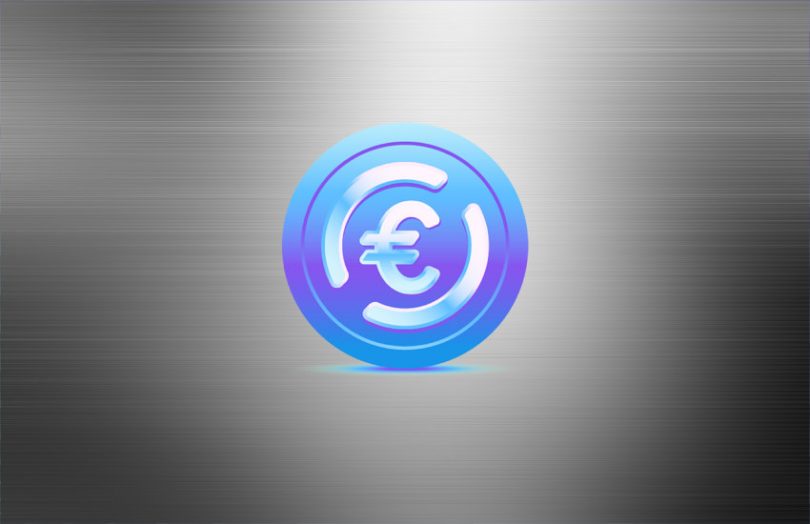Circle, the issuer of the second-largest stablecoin USDC, plans to launch a Euro-backed stablecoin on June 30 on the Ethereum blockchain. However, the EUROC digital currency will be launched from the United States.
The digital currency will be backed by euro-denominated reserves held within the U.S. regulatory perimeter, beginning with Silvergate Bank.
“There is clear market demand for a digital currency denominated in euros, the world’s second most traded currency after the U.S. dollar,” said Jeremy Allaire, co-founder and CEO of Circle. “With USDC and Euro Coin, Circle is helping to unlock a new era of fast, inexpensive, secure and interoperable value exchange worldwide.”
It will be interesting to see what the European Central Bank (ECB) thinks about this. The ECB declined to comment when requested.
As with any jurisdiction, the ECB is protective of monetary sovereignty and has repeatedly warned about the dominance of foreign-based payment systems such as Visa and Mastercard within Europe. One of the key rationales behind launching a digital euro CBDC is to ensure Europe keeps sovereignty over its own payment systems, something that ECB board member Fabio Panetta reiterated just yesterday.
Circle’s announcement with its U.S. location makes a yes vote to a digital euro even more likely when the time comes.
Central bankers have highlighted the need for regulations around digital currency to converge globally to avoid regulatory arbitrage. Circle’s EUROC could result in some back and forth between the ECB, the Federal Reserve and the U.S. Treasury.
When the EU’s crypto legislation MiCA comes into force, theoretically, the EUROC will not be usable within the European Union as it currently stands. The MiCA legislation states :
“No person or legal entity shall offer asset-referenced tokens within the Union to the public, or seek an admission of such assets to trading on a trading platform for crypto-assets in the Union, unless the issuers of such asset-referenced tokens have been authorised to do so in accordance with Article 19 by the competent authority of their home Member State. Only legal entities that are established in the Union shall be granted an authorisation.”
However, there are possibly some gaps in that wording.
We contacted Circle asking if it has future plans to issue via a European-regulated entity but did not receive a response in time for publication. The company already has significant operations in EU member state Ireland, where it invested $451 million in March.
Circle’s Head of Strategy, Dante Disparte, held a similar role at the Diem (Libra) stablecoin project, which regulators and central banks blocked despite attempts to be regulatory compliant. It’s possible that experience influenced the initial choice of the U.S. jurisdiction.
Update: added the final paragraph, details re Irish subsidiary, ECB declining to comment






